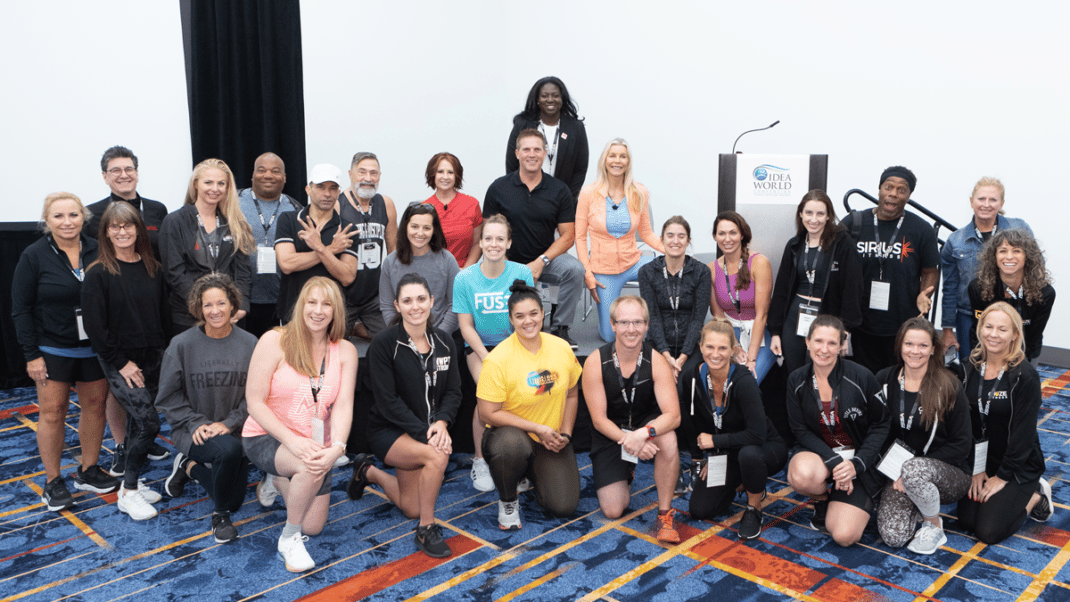No Justification May be Best Justification for Workplace Diversity
Study shows negative reactions to business and fairness arguments for diversity.

If your studio is prioritizing workplace diversity, think carefully about how you present organizational reasons. New research shows that justifications like the “business case” or the “fairness case” can cause negative impressions among existing and prospective employees that may undermine feelings of belonging. An example of a business case for diversity is that it “helps the organization better serve customers and improve the bottom line.” A fairness case may be “because it’s the right thing to do.”
Yale University and London Business School researchers studied existing organizational justifications for workplace diversity policies and impressions from people who identify as LGBTQ+, female science, technology, engineering and math job seekers, black students and whites.
“. . . business case justifications confirm to women and underrepresented group members that they must worry about their social identities being a lens through which their contributions will be judged,” says lead study author Oriane A. M. Georgeac, PhD, assistant professor of organizational behavior, Yale School of Management, New Haven. “This is threatening to these groups.” The fairness case also induced threats to social identity among members of underrepresented groups, but less so than the business case.
“We have more research to do here,” says study author Aneeta Rattan, PhD, associate professor of organizational behavior, London Business School, “but, the possibility that no justification is the best justification for diversity is incredibly interesting.”
The research is reported in the Journal of Personality and Social Psychology: Interpersonal Relations and Group Processes (2022; doi: 10.1037/pspi0000394supp).
See also: Diversity, Equity and Inclusion in Fitness: What’s Your Strategy?
Shirley Eichenberger-Archer, JD, MA
Shirley Eichenberger-Archer, JD, MA, is an internationally acknowledged integrative health and mindfulness specialist, best-selling author of 16 fitness and wellness books translated into multiple languages and sold worldwide, award-winning health journalist, contributing editor to Fitness Journal, media spokesperson, and IDEA's 2008 Fitness Instructor of the Year. She's a 25-year industry veteran and former health and fitness educator at the Stanford Prevention Research Center, who has served on multiple industry committees and co-authored trade books and manuals for ACE, ACSM and YMCA of the USA. She has appeared on TV worldwide and was a featured trainer on America's Next Top Model.






